Aquaponic Systems
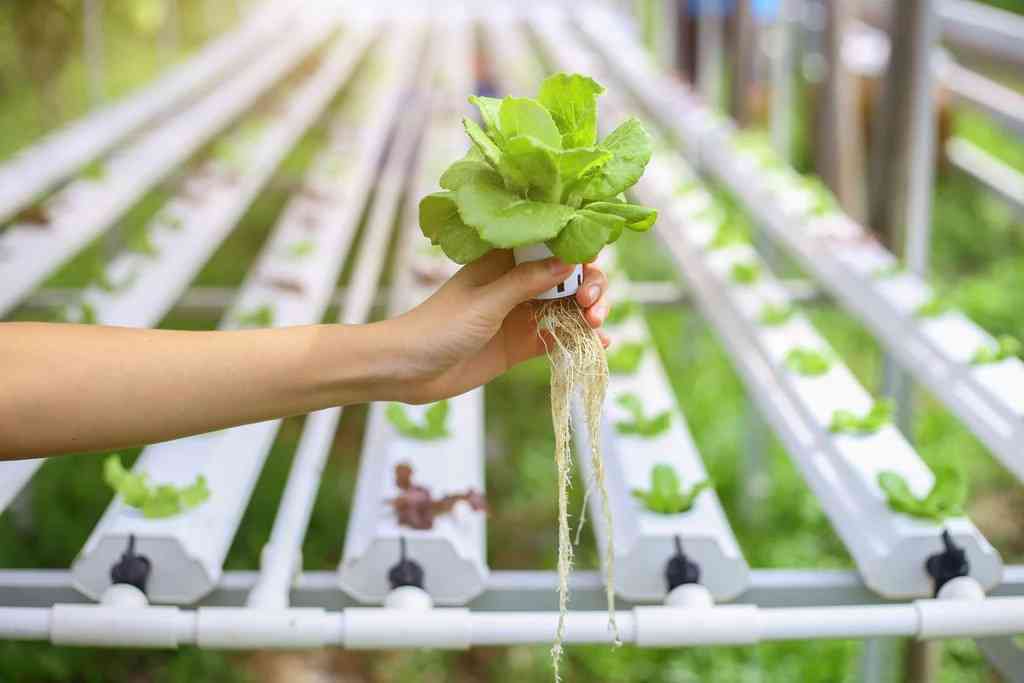
02 April 2024 Tuesday
Aquaponic Systems
Aquaponic Systems: The New Face of Sustainable Agriculture
Today, increasing population and environmental problems have pushed the limits of traditional agricultural methods. In this context, sustainable agricultural practices have become even more important. Aquaponics is an example of this sustainable transformation of modern agriculture. Combining both aquarium and hydroponic (soilless farming) methods, aquaponics offers an environmentally friendly and efficient agriculture model by combining plant growing and fish breeding processes.
What is Aquaponics
Aquaponics is a method of agriculture that uses water and nutrients in a cyclical manner. In this system, plants are grown using the hydroponic farming method, while fish are grown in an aquarium. Nitrogenous wastes formed from fish feces are used as nutrients in the water. These wastes provide the nutrients necessary for plants to grow. Plants clean the water and create a clean environment for fish. Thus, plant and fish farming occur in a complementary cycle.
Advantages of Aquaponic Systems:
1. Water Saving: Compared to traditional soil-based agriculture methods, aquaponic systems save water. Thanks to the water cycle within the system, the amount of water needed for plants is minimized.
2. Reduction in Fertilizer Use: In the aquaponics system, fish feces are a natural source of fertilizer for plants. In this way, the use of chemical fertilizers is reduced or eliminated completely.
3. Productivity: Since plants are constantly fed with nutrients, they grow quickly and high yields can be achieved. At the same time, the fish also grow healthily.
4. Environmental Sustainability: Aquaponics system reduces the need for chemical pesticides and eliminates the risk of soil erosion. This increases environmental sustainability.
5. Space Efficiency: When aquaponic systems are combined with vertical farming practices, it is possible to obtain large amounts of product even in limited areas.
Aquaponics is a method that sheds light on the future of sustainable agriculture. By combining both plant farming and fish farming, it minimizes environmental impacts while increasing efficiency in food production. This innovative agricultural approach serves the purpose of leaving a healthier and more sustainable environment for future generations. Aquaponic systems contribute to shaping the agriculture of the future by pushing the traditional boundaries of agriculture.

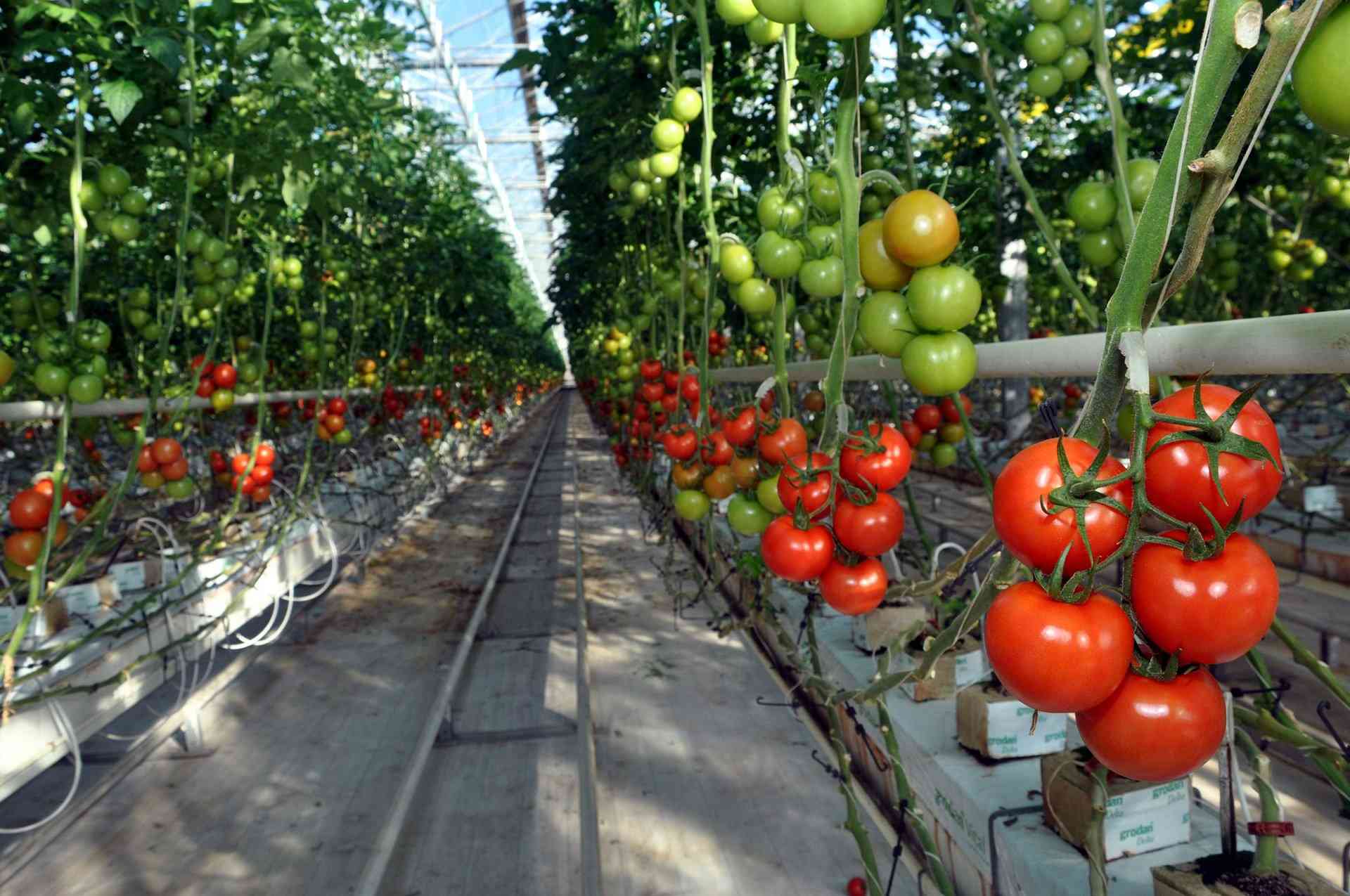
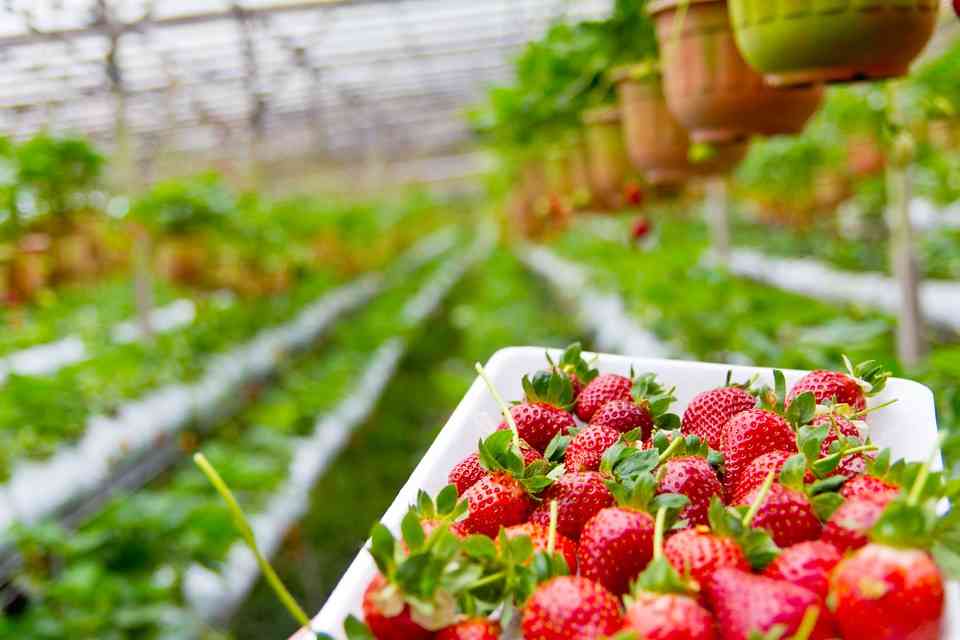
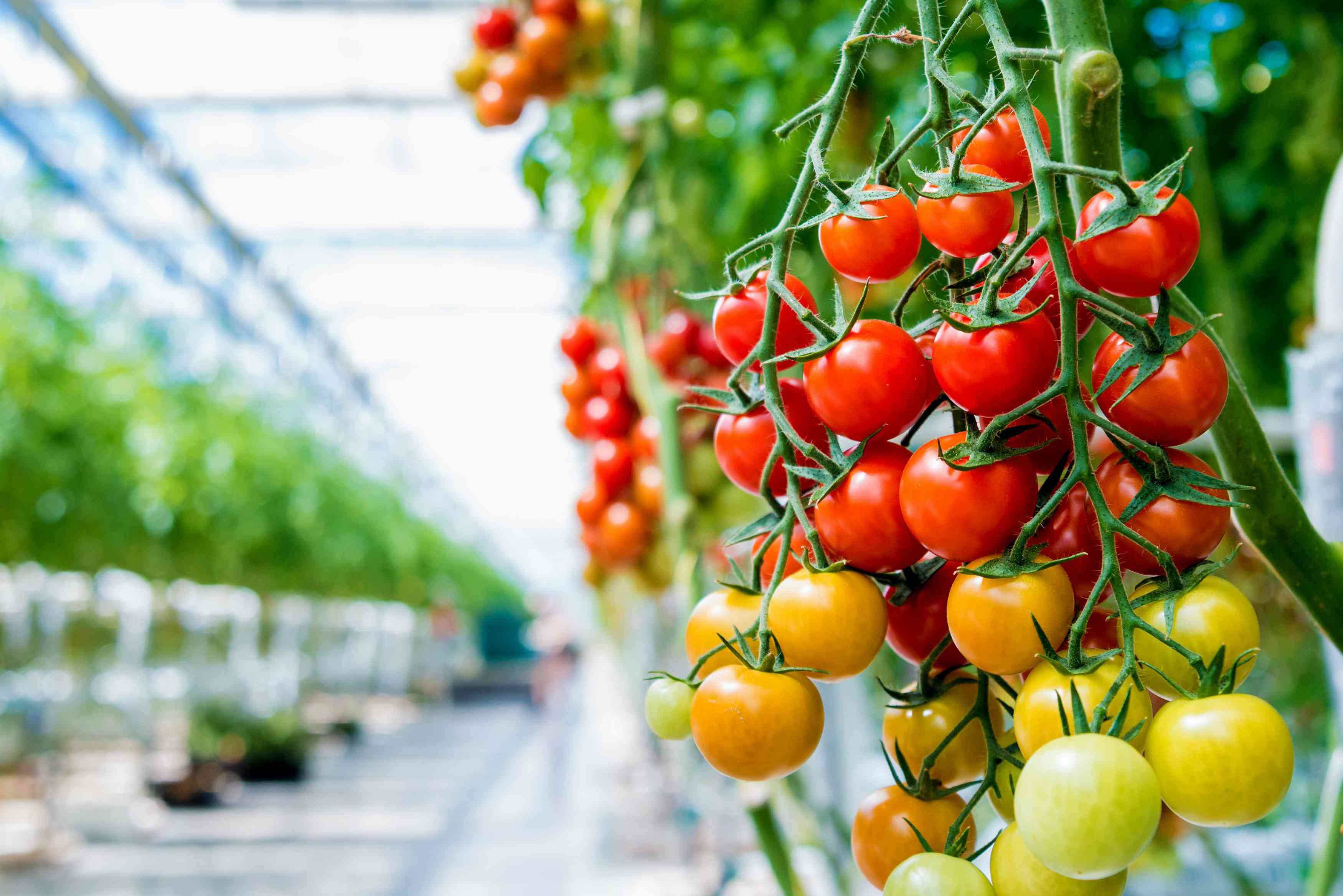
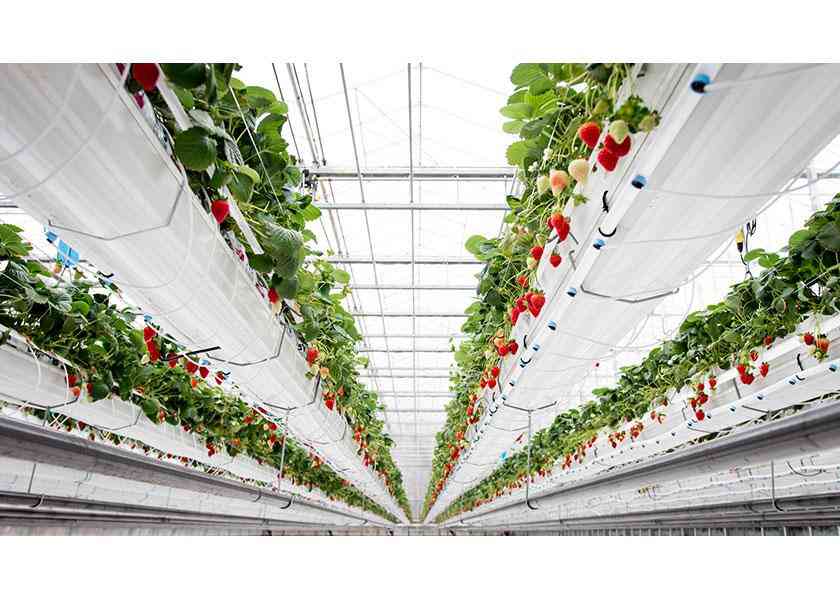

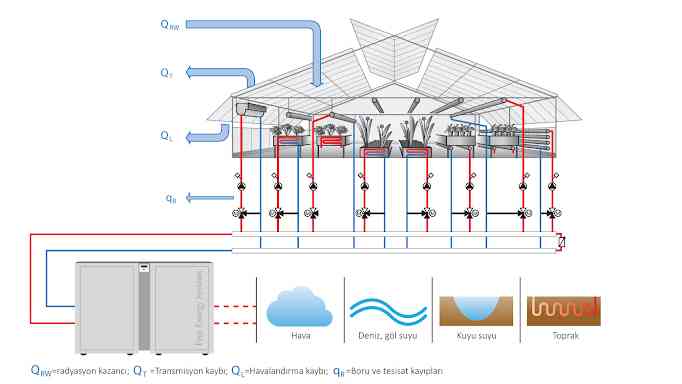
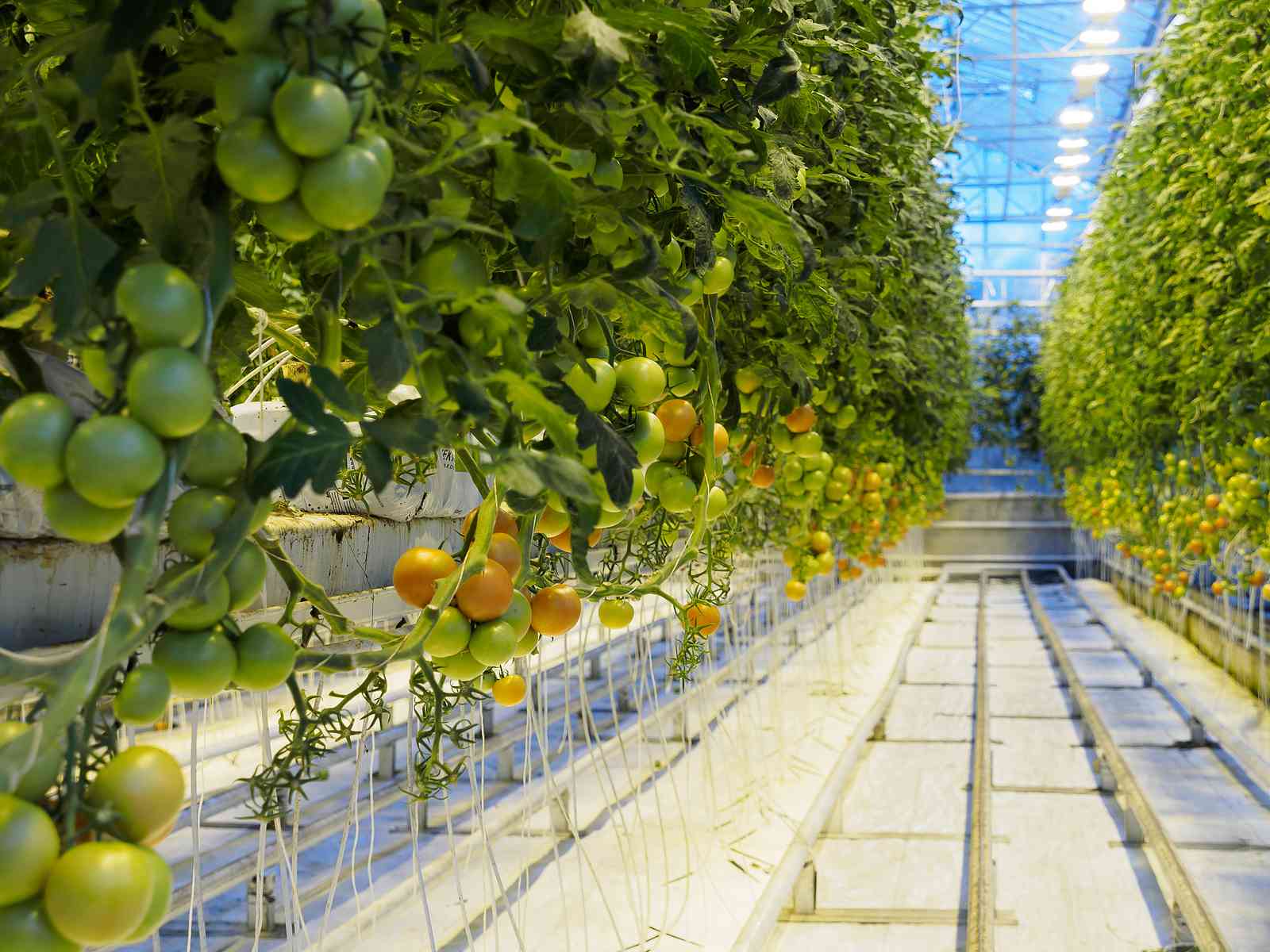

What are you waiting for a profitable investment?
Call Us Now!
444 2 548